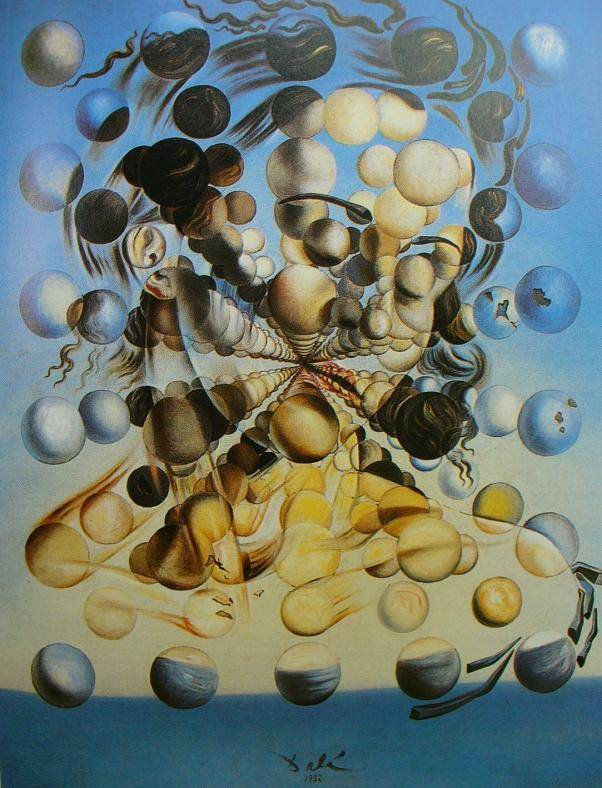Today in memory of those KIA in our country’s historically many far-flung wars, a reminder of those currently dying in the really-way asymmetrical war within America (NBC News): ‘A spate of shootings across the United States left at least 16 people dead and dozens injured over Memorial Day weekend. The gun violence occurred at beaches, high schools and motorcycle rallies, among other locations, across at least eight states. The victims ranged in age from teenagers to those in their 60s.‘
Anyway and meanwhile, in memorial of death in actual warfare, Miss Emily Dickinson unloads the burden from another earlier conflict also within our national boundary:
(Image: Transcription of Emily Dickinson’s poem, “It Feels A Shame To Be Alive,” and found here.)
Emily Dickinson is my most-favorite poet — not only did she extract from herself poems on just about every subject matter (Google anything with her name attached and she’s a line or two just for it), but also due to the admirable trait of being very personal (just 10 of her 1,800 poems were published in her lifetime). as the poetry came first ahead of fame of sorts. She was only in her mid-30s during the Civil War, right at the age beyond youthful activism to a more mature, deep concern for the horrors of battle. Although she and her family were far from the actual battle zones, the war affected Miss Emily greatly — this nutshell from the Emily Dickinson Museum:
The years of the Civil War corresponded to Dickinson’s most intense period of productivity as a poet, during which she is thought to have written roughly half of her total number of poems, and yet her precise relation to the war remains something of a puzzle. She had friends like Higginson (Thomas Wentworth Higginson, her editor) who fought in the war. Her brother, Austin (who paid $500 for a substitute, the standard way to avoid military service), was particularly close to Frazer Stearns, son of the Amherst College president. Stearns’s death at the Battle of New Bern, North Carolina, was a blow to the whole town, recorded in Dickinson’s moving letter above and also, possibly, in the poem “Victory comes late,“ which she sent to Samuel Bowles. Dickinson followed the war news closely, and in May 1865 wrote with satisfaction of the capture of Jefferson Davis and the rumor that he had been disguised in a woman’s skirt.
Even more shades of the nowadays — in drag even.
And in regards to a Memorial Day remembrance, a close, true response via Miss Emily::
“It Feels A Shame To Be Alive“
It feels a shame to be Alive—
When Men so brave—are dead—
One envies the Distinguished Dust—
Permitted—such a Head—The Stone—that tells defending Whom
This Spartan put away
What little of Him we—possessed
In Pawn for Liberty—The price is great—Sublimely paid—
Do we deserve—a Thing—
That lives—like Dollars—must be piled
Before we may obtain?Are we that wait—sufficient worth—
That such Enormous Pearl
As life—dissolved be—for Us—
In Battle’s—horrid Bowl?It may be—a Renown to live—
I think the Man who die—
Those unsustained—Saviors—
Present Divinity—
In regards to ‘a shame,’ I have one regarding Vietnam. In early 1968 (in a way-short version), I dropped out of junior college and near-about immediately received a draft notice for the US Army. However, because my parents, and the parents of my first wife (we had eloped in February ’68 — divorced five years later) knew both the USAF recruiters in Pensacola, Florida, a rare, unscheduled opening for the Air Force occurred somehow and I missed the Vietnam of the Army — I spent four years in the Air Force and never left the States.
There’s a certain amount of ‘shame‘ there since I knew several friends from high school who served in ‘Nam, some who didn’t return home alive, and I always felt I skated. Fifty-five years ago in a way-naive, ignorant, really unknowing political sense — accumulating to a vote for Nixon in 1972, another ‘shame‘ from personal history — though, I recovered quickly and became more humane (I hope) because of it.
In recognition of our veterans, let’s starts to close this out with an era’s major anti-all-wars song — anyhow, war, what the f*ck is it good for? Yeah right, nothing:
And when war does come — Eddie Money and ‘One More Soldier Coming Home‘ in a memory:
He’ll battle no more
He’s won his wars
Make sure Heaven’s table
Has room for at least one more
Memories of sadness, or not, yet once again here we are…
 (Illustration out front: Salvador Dalí’s ‘Galatea of the Spheres,’ found here.)
(Illustration out front: Salvador Dalí’s ‘Galatea of the Spheres,’ found here.)